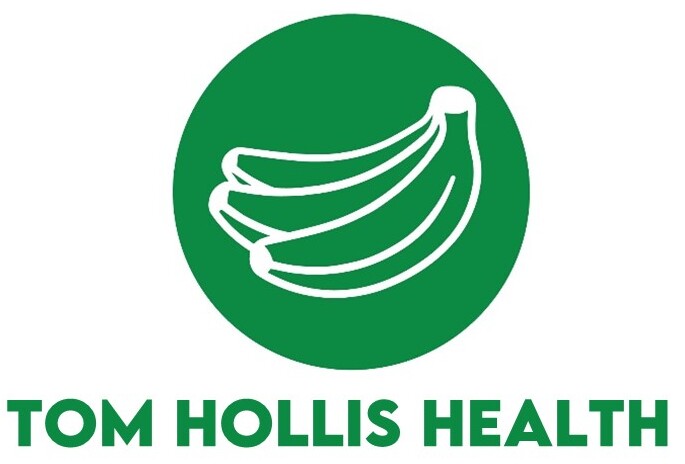Ketogenic diet
A few weeks back, I advised a healthy dose of scepticism when faced with the fad diets of the new year. In fact, many of my blogs from last year carried a barely-hidden negativity towards ‘dieting’, so you could be forgiven for wondering whether dietitians have...
Dry January
Many of you may be enjoying / enduring your very own ‘Dry January’ right now, so I just thought I would pen a few thoughts on this, as it seems to be attract more media attention every year - both positive and negative. What? Dry January seems to have originated as a...
New year…new fad diets
I hope you’ve all had a lovely Christmas break. As I write this, I am still very much in that hazy, blissful state of purgatory between Christmas and New Year where days of the week have become utterly meaningless. However, I know that thoughts will soon turn to...
Merry Christmas!
Another week, another public health event. This time it is the turn of the increasingly popular ‘Christmas’, where the general message seems to revolve around consuming all food groups, in vast quantities, at all times. I jest. I have noted, celebrated and explained...
The shortest day of the year (and vitamin D)
Just before we get to Christmas, in sneaks the shortest day of the year. This Sunday, there are a mere eight hours of daylight! Most of us know that the main source of vitamin D is sun exposure. In truth, it could be sunny 24 hours a day at this time of year in the UK...
Stress, cortisol and nutrition
Stress. Such a little word, but such a big issue. We all have our own underlying causes of stress, and our own ways of attempting to deal with it. But what seems to be pretty much universally agreed is that it is on the rise. Take a look at this NHS piece, for...
Clocks go back…time for breakfast!
For many of us, this will be the last week of the year that we can even think about leaving work in daylight, what with the clocks going back this weekend. So, while that is in itself a depressing prospect, it does bring with it two potential upsides: An extra hour of...
Focus on oils #3: five facts about olive oil
Over the past fortnight I have focussed on oils, blogging first about rapeseed, and then moving onto controversial coconut oil. I conclude this mini-series with a look at an old favourite: olive oil. 1. As with both rapeseed and coconut oil, olive oil is remarkably...
Focus on oils #2: five facts about coconut oil
Last week I introduced a mini-series of blogs on kitchen oils. First under the microscope was the versatile rapeseed oil. This week, I am going to look at an oil which has been the subject of much debate in recent months and years, and one that continues to divide...
Focus on oils #1: five facts about rapeseed
Choosing which oils to have in the kitchen can be a tricky process, with so many factors to take into account. As a dietitian, I am interested in the oil’s nutritional composition, smoke point, versatility and, most importantly, flavour, are key considerations too....

